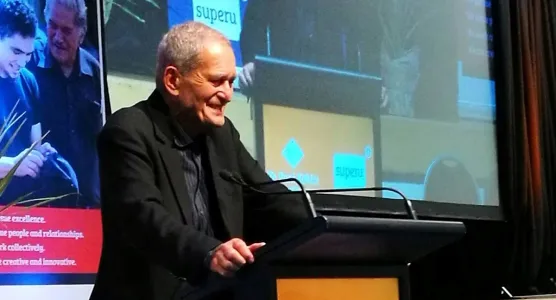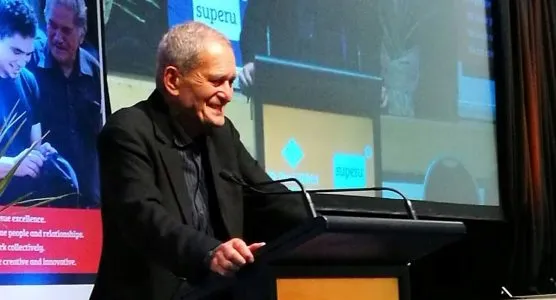

Whanaungatanga controlled and controls relationships between us as humans. Social status was defined by whanaungatanga relationships and the obligation to those around you. Whanaungatanga, as a principle, is our knowledge of whakapapa as a lore to honour both our past and present. Our rights depended on our ability to remember our whakapapa and our obligation to exhibit and encapsulate all relationships to our taiao as kinship rather than that of a property: 'I am related to that mountain, awa,' etc. He explained how colonisation changed the way we exemplify whanaungatanga. After the introduction of the second law 1840-1885 Māori no longer had a title, whanaungatanga no longer had a role in accordance to principle. Social economic relationships were defined by contract through autonomous individuals. Hapu and whānau no longer had social control mechanisms. For example, police, government and courts were introduced to govern the people and relationships with our environment were defined through the concept of property and not a relationship.Whanaungatanga is a part of our cultural make up and deeply rooted into our DNA, everything we do exemplifies whanaungatanga. Our living circumstances evokes whanaungatanga. I believe, to measure the wellbeing of whānau, hapū and iwi wellbeing, we must be able to provide them with the tools. Our tools are constantly surrounding us, we just need to show each other how to engage. We have for too long focused on wellness as not being sick, disadvantaged or in deficit mode. Yet how we exemplify whanaungatanga will have a flow on effect in how we treat our environment, tamariki and each other which will further provide a measure for whānau, hapū and iwi wellbeing.
How do you as a whānau exemplify whanaungatanga? And how will you measure your own whānau wellbeing?Nā Crystal PekepoPhoto Credit: Te Puni Kōkiri/Superu